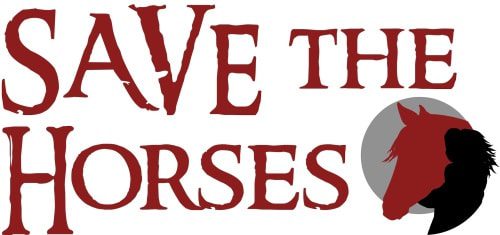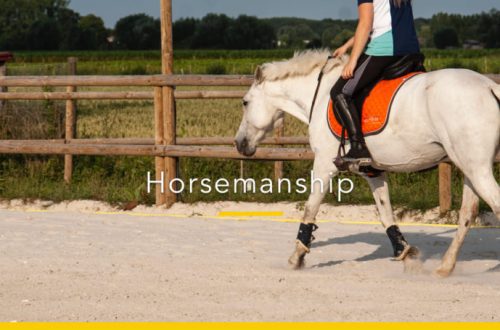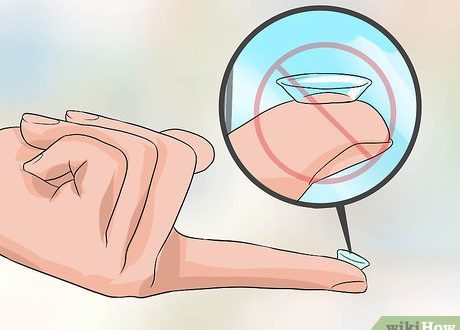
Save the horse from processing!
Save the horse from processing!
You have worked hard to ensure that your horse is in top physical shape for the start of the season and has competed in several tournaments. At first everything went well, but now you notice that the horse is no longer as responsive under the saddle as before, he seems more irritable and less cooperative. Neither food nor walking bring her former pleasure. All of these are signs of recycling.
signs of fatigue
In any sport, accumulated stress from training or competition can lead to fatigue if you overdo it. No matter what discipline the horse specializes in, the signs of chronic fatigue will be similar to those that racehorses exhibit in similar situations. However, horses most often experience a less severe syndrome called “overwork”. Its main difference is that a horse that has been overworked recovers within a few days, or at most a two-week period, if allowed to rest. In contrast, a horse that is chronically overtired from high-intensity exercise (such as racing) may not recover for months or even years due to extreme levels of stress. In some cases, everything can end in the end of a career.
What are the possible signs may signal you a fatigue problem? You may notice:
· Decreased performance or no improvement in performance despite ongoing training.
· Decreased body weight by 10% or more. Weight loss is more associated with a decrease in muscle glycogen stores, rather than a decrease in feed intake.
· Elevated heart rate during exercise. It can be detected by monitoring the heart rate.
· Delayed heart rate recovery (horses take longer than usual to return to their normal rhythm after exercise).
· Behavioral changes: head tossing, horse tailing, unwillingness to complete tasks, irritability, grumpy or nervous behavior.
· Less interest in interacting with other horses, even if you bring a new horse into the herd.
These changes, of course, can be accompanied by problems caused by other reasons. Therefore, it is essential to conduct a thorough physical examination of a horse exhibiting poor performance to rule out the presence of disease or injury. If nothing is found, one can presumably diagnose chronic fatigue.
We would like to point out another important point. Horses suffering from gastric ulcers or musculoskeletal pain, stressed in addition to the stress of training, are more likely to be overworked.
What to do?
When signs appear that a horse is suffering from fatigue, care should be taken to ensure that he gets enough rest for a sufficient amount of time.
It is also important to study all possible stressors present in the horse’s life and remove as many of them as possible. If the horse is not allowed to walk in the levada, it should be provided with a larger stall and walked with it in your hands at least twice a day.
However, in the case of overtime, preventing the problem is much easier than dealing with it.
Stress in a horse’s life reduces the effect of training, especially when he is doing high-intensity work. It may be difficult for you to appreciate just how stressful the “normal” life of a tournament horse is – it’s easy to take things for granted as long as you see that your horse is eating well and not lethargic.
Hidden Stress
Think about how a horse feels when he goes through the same training day after day. The same arena, practicing the same movements. How does a horse feel when he is forced to live with incompatible neighbors or has problems with his herd in the pasture? Think of a horse that lives in a stall with no opportunity to play in the pasture. What about her diet? Does she have constant access to hay? How does a horse live, which is constantly taken to seminars, competitions, master classes? How does she cope with the stresses of transportation and constantly changing environmental conditions?
All of these situations contribute to increased anxiety and emotional distress to the horse. Inflammatory diseases of the respiratory tract, viral respiratory infections, stomach ulcers affect the stable condition of the horse.
Too complex or intensive work of a horse that does not have the proper level of training also leads to processing (the rider demands from him what the horse cannot yet give). This is especially the case with young horses who are enthusiastic and energetic. At the same time, ambitious riders try to get the most out of the horse, demanding more and more, not realizing the “limit”.
Training
While younger horses may be more at risk of overworking, older horses may also find themselves being asked a lot from time to time. The constant demands of training, combined with a busy schedule of travel and tournaments, provoke the development of fatigue. Tissue injury and inflammation can lead to soreness, which also affects how well a horse responds to training.
Ideally, the horse should be trained systematically, the demands placed on him should increase gradually, first in duration and then in intensity. More intense training periods are best combined with days of light work and/or rest in levada. Avoid daily repetition of strength exercises (the tissues of the horse’s body must have time to recover).
After training
Examine the horse after each workout – check his legs (whether the horse is lame or not), heart rate, rectal temperature. Pay attention to her appetite, attitude, and general behavior. After strenuous training, soak your horse’s legs in cold water or use a cooling gel. After cold therapy, it is useful to use padded jackets. If the horse’s legs are swollen, then it is likely that he is receiving a load for which he is not yet ready.
Reducing the load implies a reduction in the intensity of training, and is not necessarily associated with a change in the volume of training. In the weeks leading up to the competition, this can be an additional strategy to allow the horse to be in better physical and mental condition by X-day.
With careful planning at the start of the starter season, you will be able to keep your horse both physically and mentally healthy without overdoing it by placing excessive physical demands on it.
Nancy S. Loving (source); translation Valeria Smirnova.





